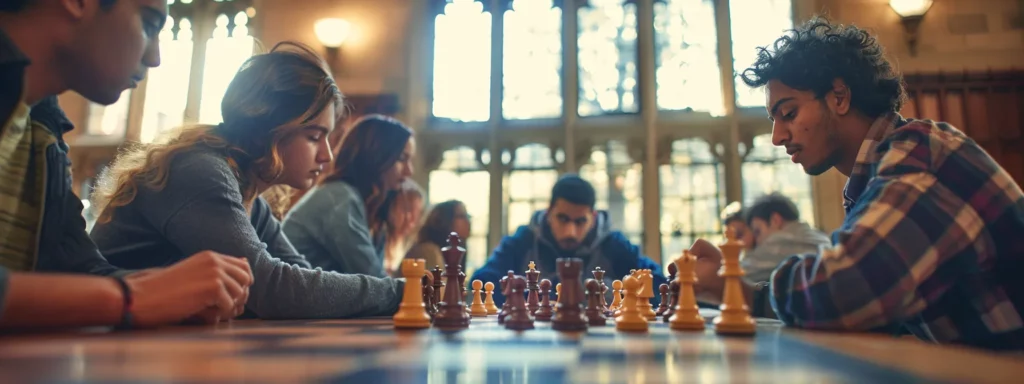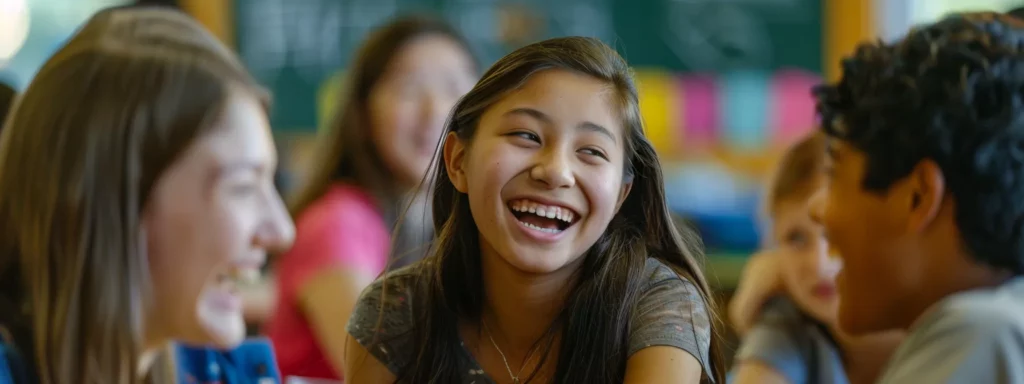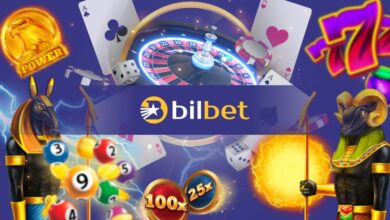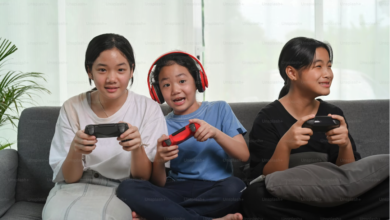How Finding Fun Can Enhance a Serious Student’s Learning Experience
For many serious students, the road to academic success is paved with long hours of study and the relentless pursuit of excellence. Yet, many educational experts suggest that integrating fun and entertainment can be hugely beneficial to a student’s learning experience. Studies increasingly highlight the importance of a balanced approach to education, something that includes leisure activities alongside rigorous academic pursuits. In this article, we’ll explore how finding enjoyment in seemingly unrelated areas can actually enhance a student’s ability to learn and succeed. Keep reading to discover the surprising benefits of blending fun with Learning Experience.
The Surprising Link Between Entertainment and Academic Success

Contrary to the belief that entertainment distracts from academic goals, it can provide a much-needed mental break, allowing the brain to process and retain information more efficiently. Students who engage in leisure activities tend to exhibit more effective problem-solving abilities and creativity when it comes to their studies. This is because diverting attention away from textbooks and screens helps to recharge cognitive resources.
Moreover, entertainment often involves social interaction, which can support learning on a deeper level. When students discuss books, movies, or even trending topics on social sweepstakes casinos, they’re unknowingly developing communication and critical thinking skills. Engaging in discussions about complex game strategies, for example, can mirror the intellectual rigor needed to tackle academic challenges.
Entertainment can also reduce stress and anxiety, which are common impediments to academic performance. Leisure activities provide an outlet for stress, enabling students to return to their studies with a clearer mind and a more focused demeanor. The act of stepping away from a difficult study problem to indulge in a favorite pastime briefly can be the catalyst for a breakthrough upon returning with renewed vigor.
Integrating Play into Study Routines for Enhanced Cognitive Function

The integration of play into study routines isn’t just for young children; college students and adults can benefit significantly from this approach as well. Playful activities can break the monotony of continuous study, offering diverse experiences that stimulate different areas of the brain. For instance, active games can enhance physical well-being, which in turn supports cognition and mental clarity.
Strategic games, whether they’re traditional board games or digital puzzles, are particularly valuable as they challenge the brain in ways that complement academic learning. They inspire lateral thinking and adaptability, skills that are transferable to many areas of study. Comparative research has shown that students who regularly engage in strategic gameplay often develop sharper critical thinking abilities, which can aid in complex problem-solving.
Such strategies are particularly effective for students pursuing rigorous online courses that demand a high level of self-motivation. Those enrolled in aba approved paralegal programs online, for example, may find that scheduling time for chess or other strategy games can not only provide a refreshing break but actually hone the analytical skills necessary for their studies.
Leveraging Creative Activities To Boost Memory and Focus
Engaging in creative pursuits has been proven to be a powerful tool for enhancing memory and focus. When students are involved in activities like drawing, writing, or playing an instrument, they tap into parts of the brain that are also used for learning. These activities require concentration and critical thinking, which are essential competencies for academic success.
Creative activities also serve as memory aids; for example, crafting a poem about a historical event can make the details more memorable. The unique combination of rhythm, rhyme, and personal expression creates a mnemonic device that can make recalling academic information more intuitive. This fusion of creativity and learning can bolster information retention far beyond the capabilities of rote memorization.
Thriving Academically by Embracing a Less Stressful Approach to Learning Experience

The endeavor to excel academically need not be synonymous with a culture of incessant stress and burnout. Embracing a less stressful approach to learning by incorporating elements of fun and creativity can have a profound impact on student well-being and academic performance. This holistic tactic recognizes the complexity of the human mind and the diversity of experiences that contribute to effective Learning Experience.
This enlightened approach advocates for quality over quantity regarding study time. By interspersing intervals of focused study with periods of mindful relaxation and play, students may find their sessions more productive and their grasp of complex material more secure. Such a balanced strategy could be the paradigm shift needed to combat the rising tide of student stress and anxiety.
Altogether, incorporating entertainment and playful learning strategies proves pivotal for achieving a healthier, more effective approach to academia. By valuing the role of fun in the learning equation, students can thrive academically and cultivate a lifelong love of learning that extends beyond the classroom.









